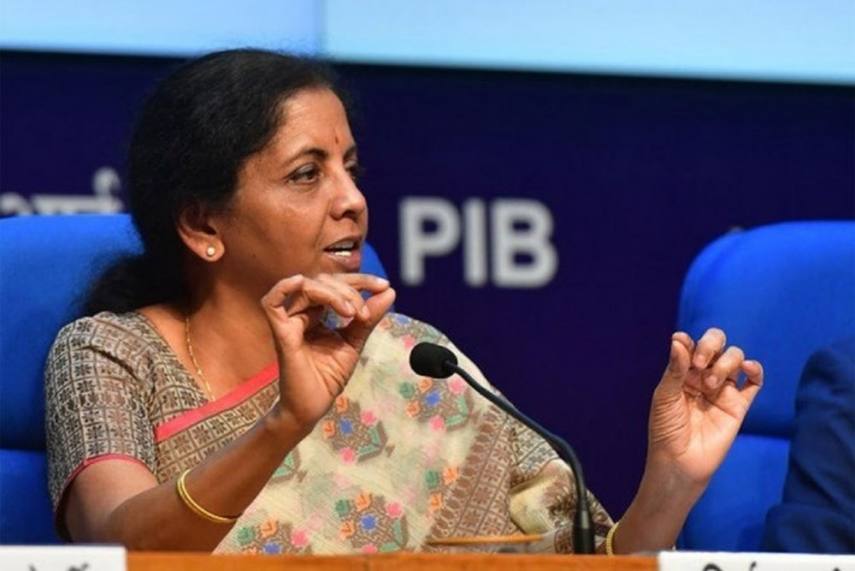
Finance Minister's announcement: With micro ideas and a small heart

Finance Minister Nirmala Sitharaman did not do herself any favours by ducking one of the first questions asked by a journalist in her press conference on May 13. He innocently asked how the government planned to fund the giant ₹20 lakh crore package Prime Minister Narendra Modi had announced on May 12. If her announcements were to offer any indication of what the rest of the package would contain, it’s clear that the government is planning to finance the deficit by simply not adding to it all.
The self-reliance package was built up to be one that would set our Micro, Small and Medium Enterprises (MSME) on the path to rejuvenation, growth and even globalisation. In as far as what has been announced, it seems that they have instead been given a ventilator with a mere fighting chance to make it out of this lockdown alive.
There are a baker’s dozen of small steps and a couple of large measures that the finance minister announced on May 13. Without dwelling too much on the steps that amount to no more than death by a thousand disappointments, I would like to focus on the major measure announced by her.
Related News: Sitharaman announces setting up of ₹1 lakh crore agri infrastructure fund
The large measure announced yesterday was a ₹3 lakh crore credit guarantee collateral-free loan enhancement scheme. The first problem I have with this scheme is its eligibility set. The entire universe of six crore MSMEs who have been suffering through this lockdown are not eligible for this scheme. In fact, less than 10 per cent of all the MSMEs, 45 lakh to be exact, who have an outstanding loan of ₹25 crore or a turnover of a ₹100 crore, are eligible.
That certainly doesn’t sound too micro or even small in my book. Most MSMEs and their peers were looking for direct help in paying employee’s salaries which many of them went out of pocket on, swayed by the Prime Minister’s appeals.
The second problem with this scheme is the number of missteps that could occur in its administration by the banks. Anyone who has ever dealt with government subsidised loan schemes knows the many obstacles that banks lay out for most borrowers with approval letters from the government.
The assertion that collateral is not needed is in itself false as banks will always prefer to use borrowers’ assets that can be liquidated today than wait to receive compensation from the government at some unknown time in the future. In fact, the only way that a credit guarantee would serve as the equivalent of a giant electric prod to lend would be if the government deposits the entire amount it’s assuring in the banks today.
Related News: Govt to amend Essential Commodities Act to deregulate cereals, edible oil, pulses
Lastly, while the government has introduced these liquidity enhancement measures under the guise of a larger vision to promote growth into new markets, entrepreneurs are unlikely to bite unless they see a real revival in demand, not just rhetoric around taking local brands globally.
The call to stimulate demand has been pending since before the COVID-19 crisis and the need has only become more acute with time. The reluctance of the government in this regard actually serves a negative signal to entrepreneurs considering the need to take on additional debt.
The prime minister has often taken the stand that we as a nation need to salute and appreciate our wealth creators. I believe he needs to extend the same courtesy to our job creators. MSMEs are responsible for a majority of jobs created in this country which has seen historic levels of unemployment last month.
MSMEs created jobs by catering to demand that is now diminished, skilling workers who no longer pay for themselves and raising debt from a tough NPA-ridden banking sector. Asking them to take on debt without helping them directly with their payroll or stimulating demand is akin to kicking the can down what has now become a short road to a dead end.
(Mohan Kumaramangalam is the working president of the Tamil Nadu Congress Committee)


